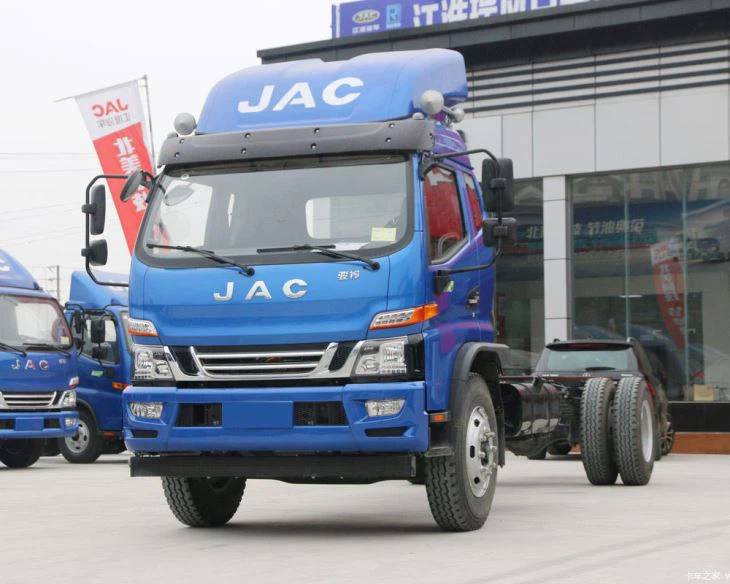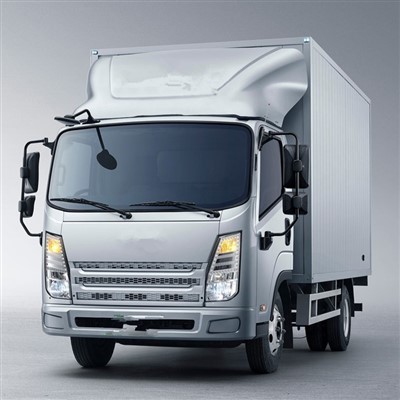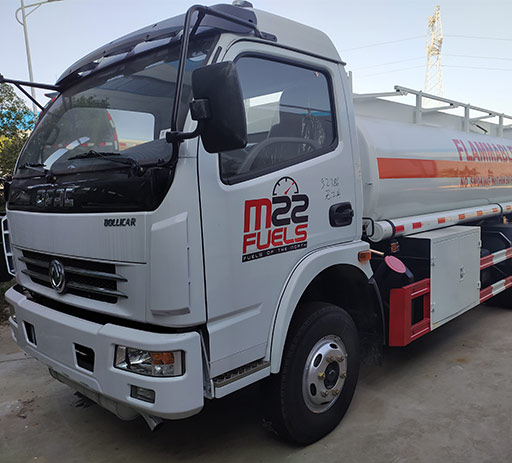Light Duty Wrecker for Sale: Your Guide to Finding the Perfect Towing Solution

Introduction
In the world of towing, light duty wreckers play a crucial role in providing efficient roadside assistance and vehicle recovery. Whether you’re a business owner looking to expand your fleet or an individual seeking a reliable towing solution, finding the right light duty wrecker is essential. This article will guide you through the various aspects of light duty wreckers, including their features, benefits, and where to find them for sale.

What is a Light Duty Wrecker?
A light duty wrecker is a type of tow truck specifically designed for vehicles under a certain weight limit, typically up to 10,000 pounds. These trucks are primarily used for towing smaller vehicles like cars, vans, and light trucks. Unlike heavy-duty wreckers, light duty wreckers are more maneuverable, making them suitable for urban environments and tight spaces.
Types of Light Duty Wreckers
There are several types of light duty wreckers available, each offering different capabilities:
- Flatbed Wreckers: These have a flat bed that can be tilted and lowered to load vehicles easily.
- Integrated Wreckers: These combine the truck and towing equipment into one unit, making them compact and efficient.
- Wheel-Lift Wreckers: These use a hydraulic lift to raise the wheels of the vehicle being towed, allowing for quick loading.
Benefits of Owning a Light Duty Wrecker
Investing in a light duty wrecker comes with numerous advantages:
- Versatility: Capable of towing various vehicles, from cars to small trucks.
- Profit Potential: Can generate income through towing services or roadside assistance.
- Accessibility: Ideal for urban environments due to their compact size and agility.
- Reliability: Built to handle frequent use, ensuring dependable performance.
Key Features to Consider When Buying a Light Duty Wrecker
When searching for a light duty wrecker for sale, it’s crucial to evaluate specific features to ensure you make an informed purchase:
1. Towing Capacity
Ensure that the wrecker’s towing capacity meets your needs. Generally, light duty wreckers can tow vehicles weighing up to 10,000 pounds.
2. Engine Power
The engine power affects the performance of the wrecker. Look for trucks with a reliable engine that can handle multiple tows.
3. Durability
Consider the materials used in manufacturing the wrecker. A durable structure ensures longevity and resistance to wear and tear.
4. Storage Space
Inspect the storage compartments for tools and equipment. Adequate storage will make your operations more efficient.
5. Ease of Operation
Look for features like automatic controls and intuitive interfaces to simplify the operation.
Practical Tips for Buying a Light Duty Wrecker
1. Set a Budget
Determine your budget before starting the search. Consider both the purchase price and potential maintenance costs.
2. Research Dealers and Manufacturers
Look for reputable dealers and manufacturers known for quality light duty wreckers. Check customer reviews and ratings.
3. Consider Used vs. New

Evaluate the pros and cons of purchasing a new vs. a used wrecker. A used wrecker can be more affordable, but ensure it’s in good condition.
4. Test Drive
Always test drive the wrecker. This will give you a feel for its handling and performance.
5. Inspect Thoroughly
Check the wrecker for any signs of wear or damage. Pay attention to the hydraulic system, tires, and body.
6. Review Warranty Options
Look into the warranty coverage for parts and repairs. A good warranty can save you money in the long run.
Where to Find Light Duty Wreckers for Sale
Finding a light duty wrecker for sale can be easy if you know where to look:
1. Online Marketplaces
Websites like eBay, Craigslist, and specialized towing equipment sites often list new and used light duty wreckers.

2. Dealerships
Local dealerships specializing in trucks or towing equipment may have a selection of light duty wreckers available.
3. Auctions
Look for government or equipment auctions where light duty wreckers are sold at competitive prices.
4. Classified Ads
Check local classified ads in newspapers or online classifieds for individuals selling their wreckers.
5. Towing Industry Shows
Attend towing industry trade shows or expos to see the latest models and connect with manufacturers.
Financing Options for Your Light Duty Wrecker
Investing in a light duty wrecker can be a significant financial commitment, but various financing options are available:
1. Bank Loans
Approach banks or credit unions for loans specifically for purchasing commercial vehicles.
2. Equipment Financing
Some companies offer financing solutions specifically for purchasing equipment, including wreckers.
3. Leasing Options
Consider leasing a wrecker, which can reduce upfront costs and provide flexibility.
Common Maintenance Tips for Light Duty Wreckers
To ensure your light duty wrecker remains in optimal condition, follow these maintenance tips:
1. Regular Inspections
Conduct frequent inspections of the truck, including the engine, brakes, and tires.
2. Fluid Checks
Regularly check and replace engine oil, transmission fluid, and hydraulic fluid.
3. Tire Maintenance
Keep tires properly inflated and inspect them for wear to ensure safety and efficiency.
4. Clean the Equipment
Regularly clean the wrecker to prevent rust and maintain good aesthetics.
Understanding the Legal Requirements for Towing
Before operating a light duty wrecker, it’s crucial to understand the legal requirements:
1. Licensing
Ensure that you have the appropriate license to operate a tow truck in your state.
2. Insurance
Obtain adequate insurance coverage to protect your business and your clients.
3. Compliance with Regulations
Stay informed about local regulations concerning towing practices and vehicle recovery.
Frequently Asked Questions (FAQs)
1. What is the average cost of a light duty wrecker?
The cost can vary widely but typically ranges from $30,000 to $100,000 depending on the model and features.
2. Can I finance a used light duty wrecker?
Yes, many banks and financing companies offer loans for used commercial vehicles.
3. How often should I perform maintenance on my wrecker?
It’s advisable to check your wrecker weekly and have a full maintenance check every 3-6 months.
4. What weight limit qualifies as a light duty wrecker?
A light duty wrecker is generally used for towing vehicles weighing up to 10,000 pounds.
5. Can a light duty wrecker tow larger vehicles?
While it’s possible, it’s not recommended, as light duty wreckers are designed for smaller vehicles and may not handle the load safely.
6. Are there specific brands known for quality light duty wreckers?
Yes, brands like Ford, Chevrolet, and Freightliner are well-known for producing reliable light duty wreckers.
